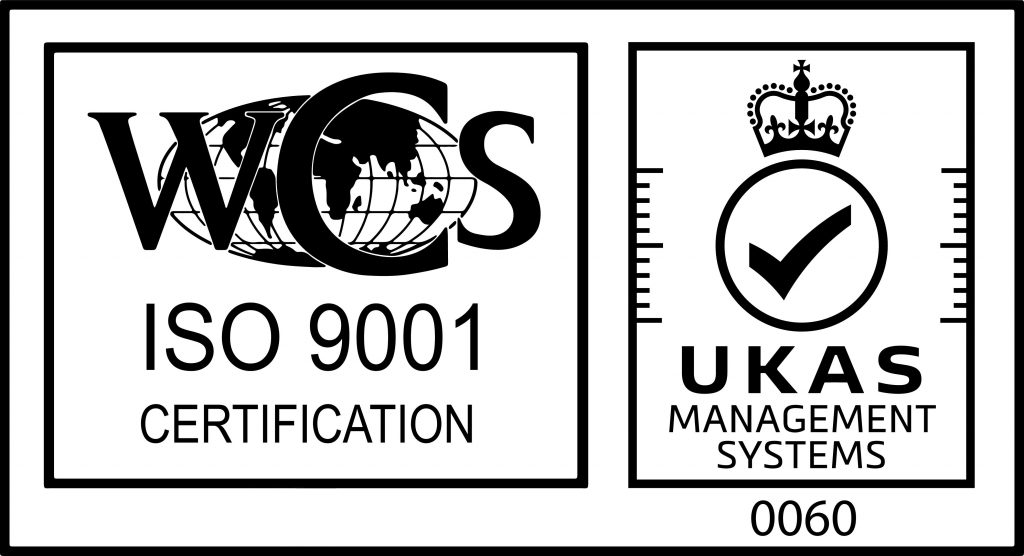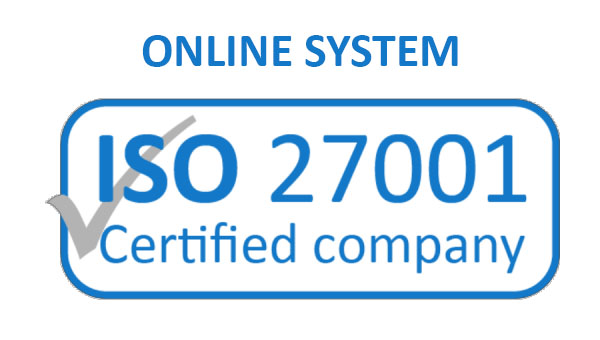You are entitled to an Enhanced DBS check with the barred list if you are working in a position of regulated activity, or the Enhanced DBS check without the Barred list if you are in a position that is not in direct contact with children or vulnerable groups.
Job roles that are eligible for the Enhanced DBS check with the Barred List
Any person deemed to be working in regulated activity or in a position of trust is entitled to the Enhanced check with the barred list, these positions include:
- Teachers
- Doctors
- Nurses
- Support Workers
- Vets
- Working within a Prison
Job roles that are eligible for the Enhanced DBS check without the Barred List
Anybody working on a specified establishment such as schools or nursing homes for more than 4 times in a 30 day period with access to all areas unsupervised is entitled to the Enhanced DBS Check without the barred list. Some of these positions include:
What is shown on a Certificate?
An Enhanced DBS check will show all spent and unspent convictions, Cautions, Reprimands and Warnings held on the Police National Computer in England and Wales that would not be filtered in line with current guidance. The Enhanced check may also contain non-conviction information from local police records, which a Chief Police officer thinks may be relevant in connection with the position sought. This will therefore allow employers to make a more informed recruitment decision. This level of check will also reveal if the candidate appears on government department lists of people who are deemed unsuitable to work with children.
What is Regulated Activity?
The definition of Regulated Activity as defined by the Safeguarding Vulnerable Groups act 2006 from 10th September 2012 is any person who is in a position of trust or a role which involves supporting for or caring for adults and children.
The main points of regulated activity are as follows:
- Providing Health Care. All staff who work in community pharmacies and opticians. Physiotherapy and Counselling
- Health Care Professionals
- Members of Peer support groups e.g. Alcoholics Anonymous
- Providing Personal Care. Anyone who prompts and then supervises a person because of age, illness or disability
- Anyone who trains instructs or provides advice and guidance which relates to eating or drinking etc.
- Anyone who provides physical assistance with eating, drinking, toileting and dressing
- Providing Social Work
- These activities include assessing or reviewing the need for health or social care services, and providing ongoing support to clients
- Assistance with general household matters. Paying the person’s bills or:
- Shopping on their behalf
- Managing a person’s cash
- Assistance in the conduct of a person’s own affairs. Being an Independent Mental Health Advocate
- Receiving payments on behalf of that person under the Social Security Administration Act 1992
- Lasting power of attorney under the Mental Capacity Act 2005
- Conveying Hospital porters, patient transport service drivers and assistants (Conveying does not include licensed taxi drivers or licensed private hire drivers. It also does not include trips taken for purpose other than to receive health care, personal care or social work, for example trips for pleasure are excluded)
- Any drivers and any assistants who transport an adult or child because of their age, illness or disability to or from places where they have received, or will receive health care or relevant personal care
For further advice on the information discussed in this blog call our friendly team of specialists today on 01942 609365
Or visit our website www.criminalrecordsservices.com




